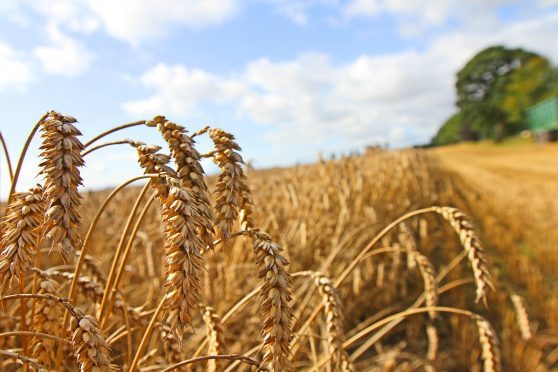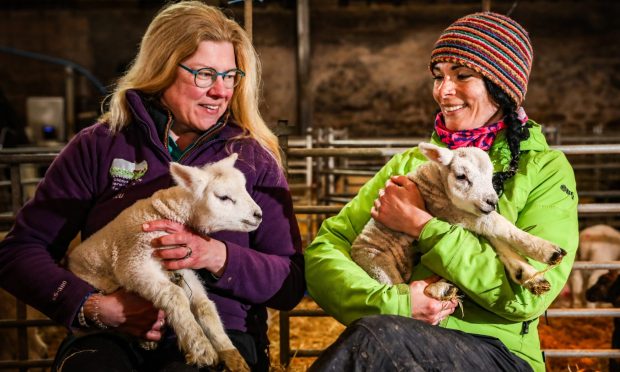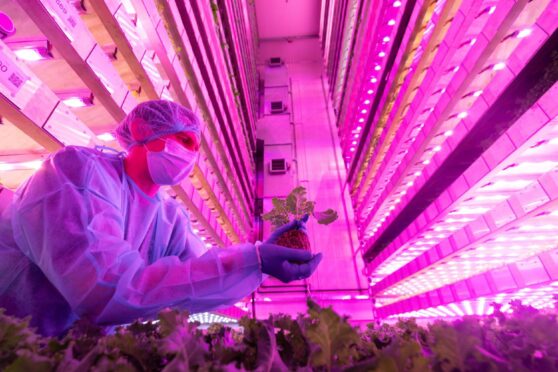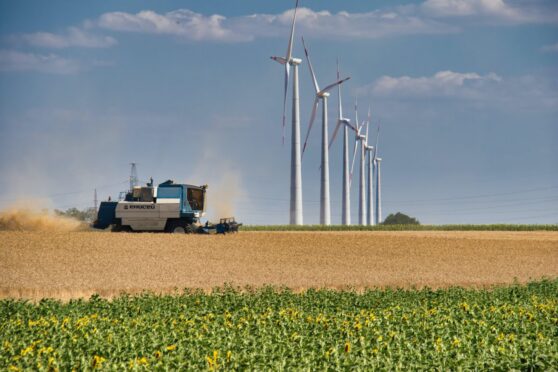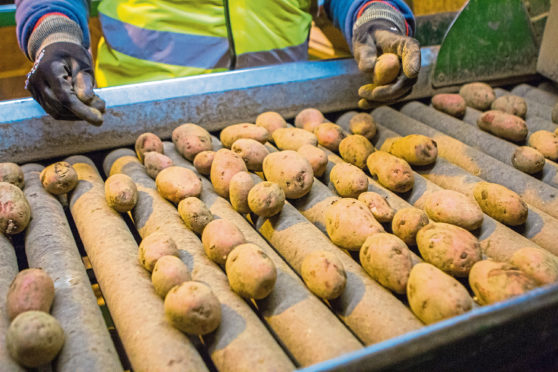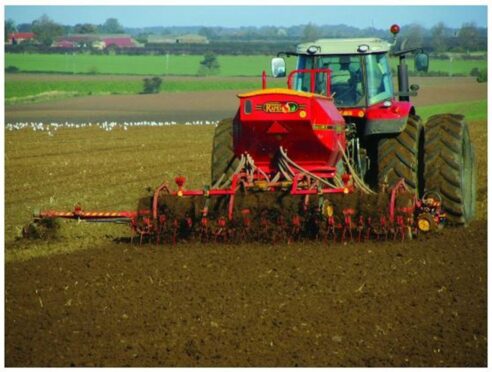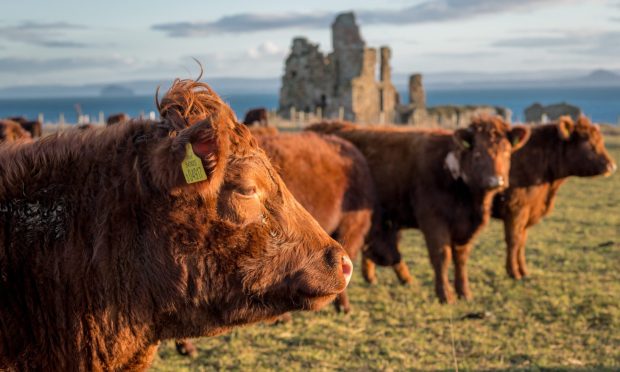The Soil Association has called for more UK farmers to grow organic cereals for animal feed.
A report by the organic certification body reveals that just under 100,000 acres of arable cropping is grown in the UK, and due to a lack of supply an estimated 160,000 tonnes of organic feed is imported into the country every year.
The Soil Association’s head of farming, Liz Bowles, said more organic animal feed is needed to fuel the growing demand for organic food – sales of organic red meat, fish and poultry were up 4.1% in 2017.
“We need more organic arable farmers in this country to build our resilience and to meet the growing demand for home-grown UK feed crops satisfying the high standards and provenance of UK organic farming,” added Ms Bowles.
“Right now, there are undoubtedly positives for those converting to organic. The government is sharing big ambitions for a future agricultural strategy that prioritises and rewards environmental protection.”
She said the amount of land in conversion – switching from conventional to organic – increased by 22% last year and if the UK organic cereals acreage doubled to 200,000 acres it would make a significant contribution to reducing the sector’s reliance on imported feed.
Ms Bowles said switching to organic offered financial benefits to growers.
Data in the Soil Association’s report revealed that the net farm income from an organic farm was £211 per hectare in 2015/16, compared to £96 per hectare for non-organic.
